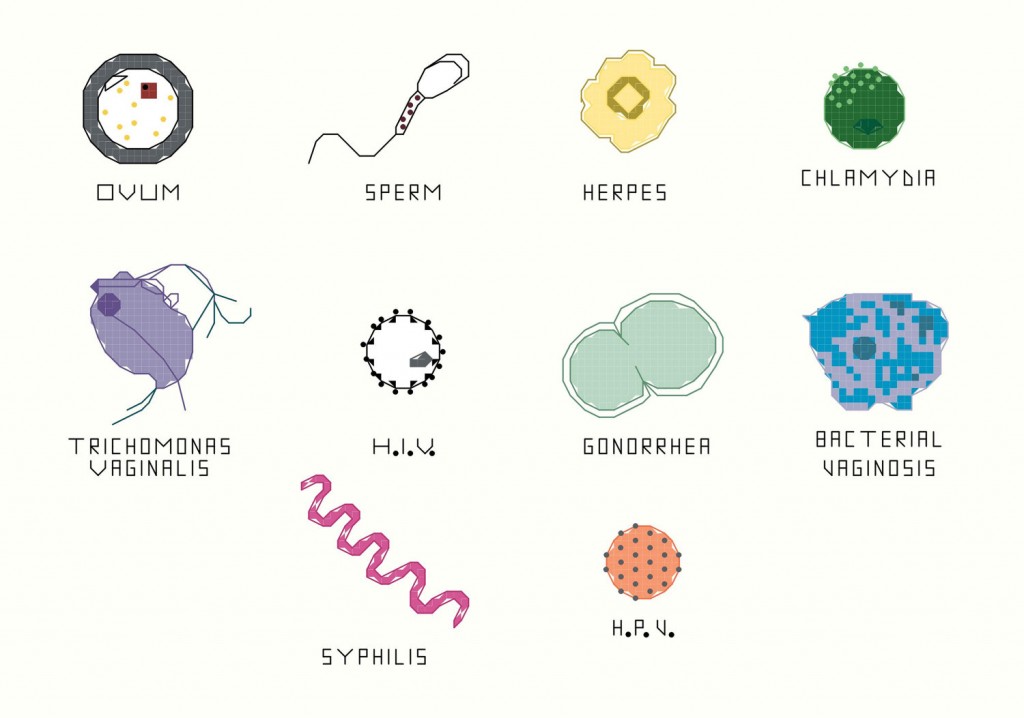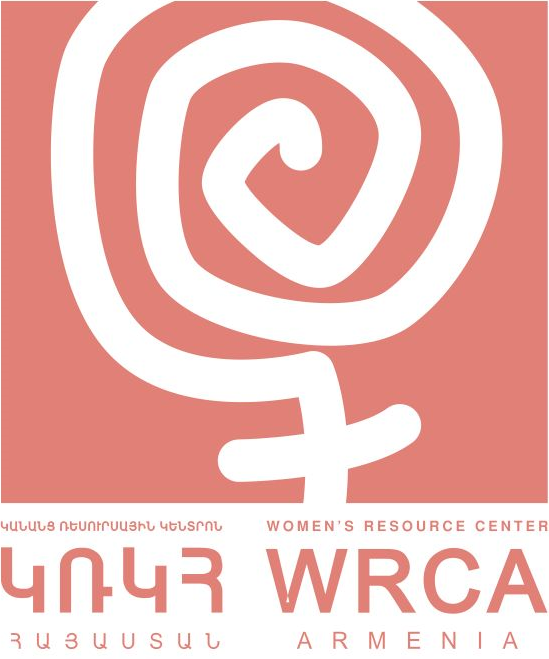 Sexually transmissible infections (STIs) are as ancient as sexual relations. Nowadays there are various contradictory articles and materials on STIs which can confuse the reader. That is why we decided to have a short interview with venereologist Hovhannes Hovhannisyan from “Dermatology and STI MSC” of the RA Ministry of Health. The interview is introduced below.
Sexually transmissible infections (STIs) are as ancient as sexual relations. Nowadays there are various contradictory articles and materials on STIs which can confuse the reader. That is why we decided to have a short interview with venereologist Hovhannes Hovhannisyan from “Dermatology and STI MSC” of the RA Ministry of Health. The interview is introduced below.
– Let us talk a little about the history of occurrence of sexually transmissible infections.
– STIs are one of the oldest diseases. All STIs which were few and were not differentiated were called “French disease” for a long time. Then starting from the 1990s the term “venereal disease” was used. It encompassed 5 types of diseases. Nowadays about 20 diseases, including genital itch, pediculosis and a number of fungus diseases, are considered STIs.
– Has the number of patients with STIs changed in Armenia in the recent years? What brings about that change?
– Recently cases of gonorrhea and syphilis have quite decreased whereas cases of ureaplasma and genital warts have increased. We have started recording viral STIs rather often – hepatitis B, hepatitis C, HIV disease. Sexual herpes is also widely spread. As regards the increase of cases discovered in the recent years, their reason can be the increase in people’s awareness level, the improvement and increase of methods and testing centers, etc. The number of patients might be the same but there are more people applying for testing and receiving treatment.
– Could you please mention the STIs which are more widely spread in Armenia? What are the main ways of transmitting these infections?
– There are more cases of condyloma and fungus disease discovered among women in Armenia. ureaplasma is discovered among men quite frequently. These are not classic STIs. Weak immunity, wrong care of sexual hygiene, irregular sexual life, etc. can contribute to the development of these STIs. Chlamydia is one of the most widely spread classic STIs. Chlamydia does not have symptoms. It does not disturb patients and the majority of patients discover that they have chlamydia during a random medical examination.
– As a specialist working in the sphere of venereology tell us please which groups are more vulnerable to STIs and why?
– All those people who can have unprotected sexual intercourse. Certainly we can single out prostitutes, those using their services, MSM (men having sexual contacts with men), and injecting drug users as more vulnerable groups.
– The Internet is full of various records stating that “having sexual intercourse in the juvenile age, even till 24 years, makes people more vulnerable to STIs.” What is your opinionera on this issue?
– The matter is not the age but rather the intellectual level, knowledge and responsibility. No need to stick to a certain age. For instance, if you are 14, have certain knowledge, are responsible for your partner’s and your health, feel free to have intercourse. Certainly teenagers often have random and unprotected sexual contacts for self-assertion or for boasting among friends which contributes to catching an STI, i.e. young people mostly ignore very significant aspects. For this reason young people are more vulnerable.
“We are not engines to start, work, have contact, be turned off, the fuel is over and that’s it.” Of greater importance are knowledge and responsibility for your partner’s and your own health.
– People of which age group and gender apply to you more for STI testing?
– In my own practice 20-25-year-old young people apply. Men apply more as applying to a venereologist is not so compromising for them. But women – especially of that age – mostly apply only in case of very grave problems as premarital sexual life is supposed.
– How frequently should one be tested for STIs?
– One should be tested after each unprotected sexual intercourse. You know, there is a group of people who are examined on a regular basis – once per 3 or per 6 weeks – and they are sure that they have no problem. We have had a case when a 17-18-year-old boy had the first sexual experience in life and was infected with HIV. I.e. there is no precondition for getting infected; unprotected sexual contact is more than enough.
Any unprotected intercourse should be assessed as perilous and risky for catching an STI. Of course, loyal and tested partners’ relations form an exception.
– What consequences can the complications of not treating STIs have?
– Any illness which is complicated has consequences. An STI itself is a serious problem both at the current moment and later on. Reproductive health problems (impotence, sterility, etc.) may occur if patients are not treated. For instance, there might be life threatening problems in case syphilis is not treated. It is highly important to remember and stress that the presence of STIs in the organism increase the probability of sexual transmission of HIV.
– What are the main reasons which make people abstain from STI testing?
– First of all, people do not assess and realize the risk of having an STI. I often hear “I’m having sex with a person who would hardly have an STI,” or for instance “That woman was married. So she couldn’t have an STI.” Secondly, there are people who apply only when the situation is out of control. People often do not apply to the doctor even when they have complaints. Thirdly, people are timid particularly in small towns where everybody knows each other. Next, there is the financial side. Medical examinations are rather expensive. And at last, the conditions and attitude of the medical personnel matter. We try to solve that problem to a certain extent. We contribute to testing by creating favorable conditions through our courteous attitude.
– What message would you address to our readers?
– Avoid unprotected sex! The most significant principles are “ abstention, loyalty and condom use.” Abstention – if a given sexual intercourse can be perilous for you be strong enough to avoid it. Loyalty – if you want to have sexual intercourse, have it with a loyal partner. If the above-mentioned terms are impossible for you, use condoms at least.
Artush Rushanyan





Հովիկ! Հրաշալի մարդ ու ֆանտաստիկ մասնագետ